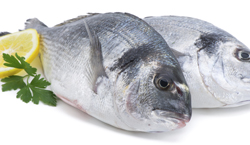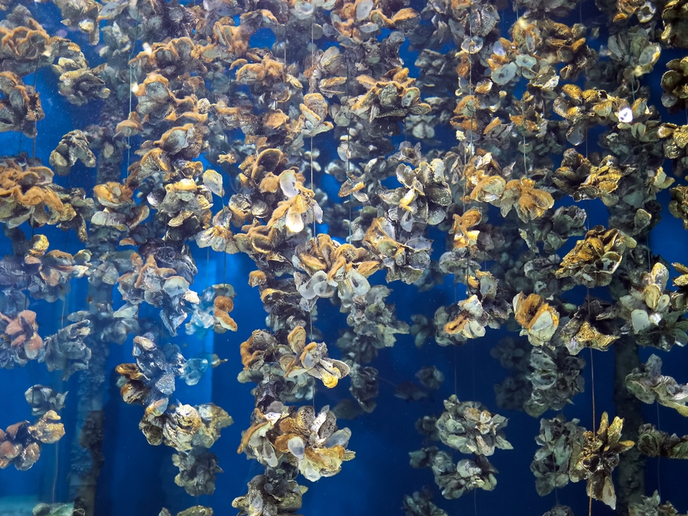Industrialising European aquaculture
Currently, fertilisation rates remain below 50 % with poor embryo and juvenile survival rates in fish farms. The PROSPAWN(opens in new window) project investigated several factors that might affect large-scale fish farming. Aspects such as environmental factors and holding facilities for species such as flatfish and round fish were investigated in detail. PROSPAWN developed and assessed two types of fish broodstock holding systems: breeding nest (for flatfish) and shallow raceway systems (SRSs) for round fish. Protocols were successfully developed to assess optimal environmental conditions and minimise disturbances for selected flatfish and round fish species to induce natural spawning in these broodstocks. The breeding nest trials for halibut and turbot showed no beneficial effects on egg production or natural spawning, proving that they are commercially not viable. The behaviour-adjusting SRSs were stocked with blackspot seabream and white seabream varieties and demonstrated good production potential. The flexibility of SRS design allows for rapid and easy egg collection as well as monitoring of broodstock. However, certain areas that need to be addressed prior to commercial production include the high operational costs of the water recirculation system in SRSs. PROSPAWN also attempted to recreate species-specific natural habitats and assess the effect of light, temperature and noise on spawning. Surprisingly, photoperiod (i.e. light) variations did not negatively affect spawning in Senegalese sole, but the timing of spawning revealed that temperature may be an important factor. Sound exposure was found to negatively affect viable egg yield and larvae development in Atlantic cod broodstock. An automated egg quality assessment tool called EQuaP and based on objective blastomere scoring criteria was developed that can reliably predict egg hatching and quality. Project outcomes were disseminated at two broodstock workshops, leading to about 17 reviews and popular science publications. Overall, such measures will help in developing guidelines for optimising species-specific breeding schemes and minimising investment in sub-optimal egg batches. This should help strengthen the European aquaculture industry through sustainable broodstock management of commercially important species in aquaculture.







